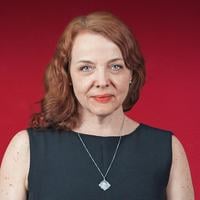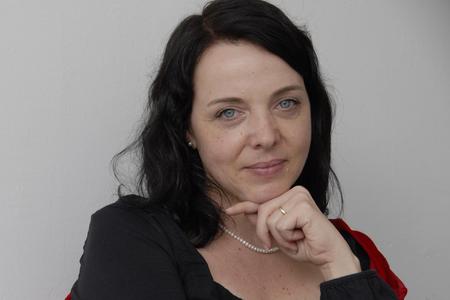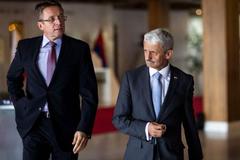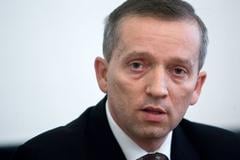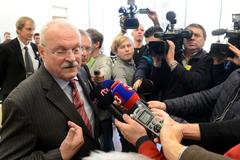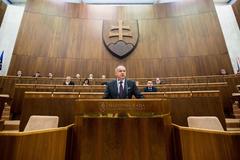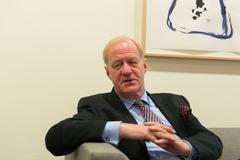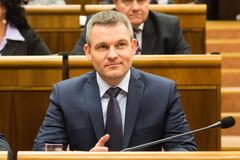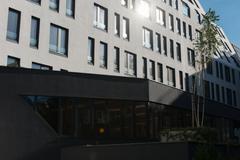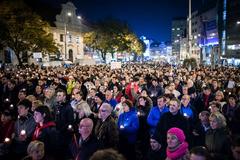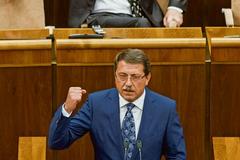- Cypriot recipes: Mahalepi (video included)
- Slovak folklore making a comeback: Unique diversity survived
- Is Slovakia a mafia state?
- Estonian recipes: Estonian potato salad (video included)
- Talking tourism, trade and tapas
- Slovakia is not a mafia state yet, but it is in danger
- Norwegian recipes: Reindeer filet/sirloin (video included)
- Hundreds of people ousted from Bratislava’s Volkswagen
- News digest: Finns air unseen video of Fico shooting, PM’s bloody jacket driven away by minister
- Weekend: What to make of Easter in Slovakia
- 3 free things to do in Bratislava in the next seven days
- US giant pulls plug on Slovak factory, axing 137 jobs
- When to shop over Easter: Opening hours for supermarkets in Slovakia
- Don’t be afraid to use cash, say entrepreneurs as transaction tax begins
- Prices surge in Slovakia as inflation hits 15-month high
- Hundreds of people ousted from Bratislava’s Volkswagen
- 3 free things to do in Bratislava in the next seven days
- Weekend: What to make of Easter in Slovakia
- US giant pulls plug on Slovak factory, axing 137 jobs
- News digest: Finns air unseen video of Fico shooting, PM’s bloody jacket driven away by minister
- When to shop over Easter: Opening hours for supermarkets in Slovakia
- Prices surge in Slovakia as inflation hits 15-month high
- Cockroaches and crumbling toilets greet seven-year-old battling serious virus
- “Return not,” the ocean cried. But I returned for her
- German shoemaker Lowa joins wave of factory closures in Slovakia
- Hundreds of people ousted from Bratislava’s Volkswagen
- Prices surge in Slovakia as inflation hits 15-month high
- US giant pulls plug on Slovak factory, axing 137 jobs
- Danish shoemaker to shut Slovak factory, axing 650 jobs in fresh blow to struggling region
- When to shop over Easter: Opening hours for supermarkets in Slovakia
- News digest: A parade too far? Fico heads to Moscow despite EU warnings Video
- A café in an ice cellar, sand dunes and a flower shop at the border
- “Return not,” the ocean cried. But I returned for her
- Hollywood turns Slovak highlands into high-speed playground Video
- German shoemaker Lowa joins wave of factory closures in Slovakia
- Chicken Jockey! Chicken Jockey! Chicken Jockey! Video
- Danish shoemaker to shut Slovak factory, axing 650 jobs in fresh blow to struggling region
- Prices surge in Slovakia as inflation hits 15-month high
- Hundreds of people ousted from Bratislava’s Volkswagen
- Slovakia's latest basketball star is destined for great things in the USA
- News digest: Finns air unseen video of Fico shooting, PM’s bloody jacket driven away by minister
- 3 free things to do in Bratislava in the next seven days
- He has been disciplined for delays. Now he will lead Slovakia’s top court
- Slovak startup Upfan declares war on fake tickets
- Smer MEP tells Slovaks to learn the EU’s rules – so they can break free from Brussels
- Too small to cope alone, Slovak villages are teaming up
- Top 10 events in Bratislava for foreigners More articles ›

